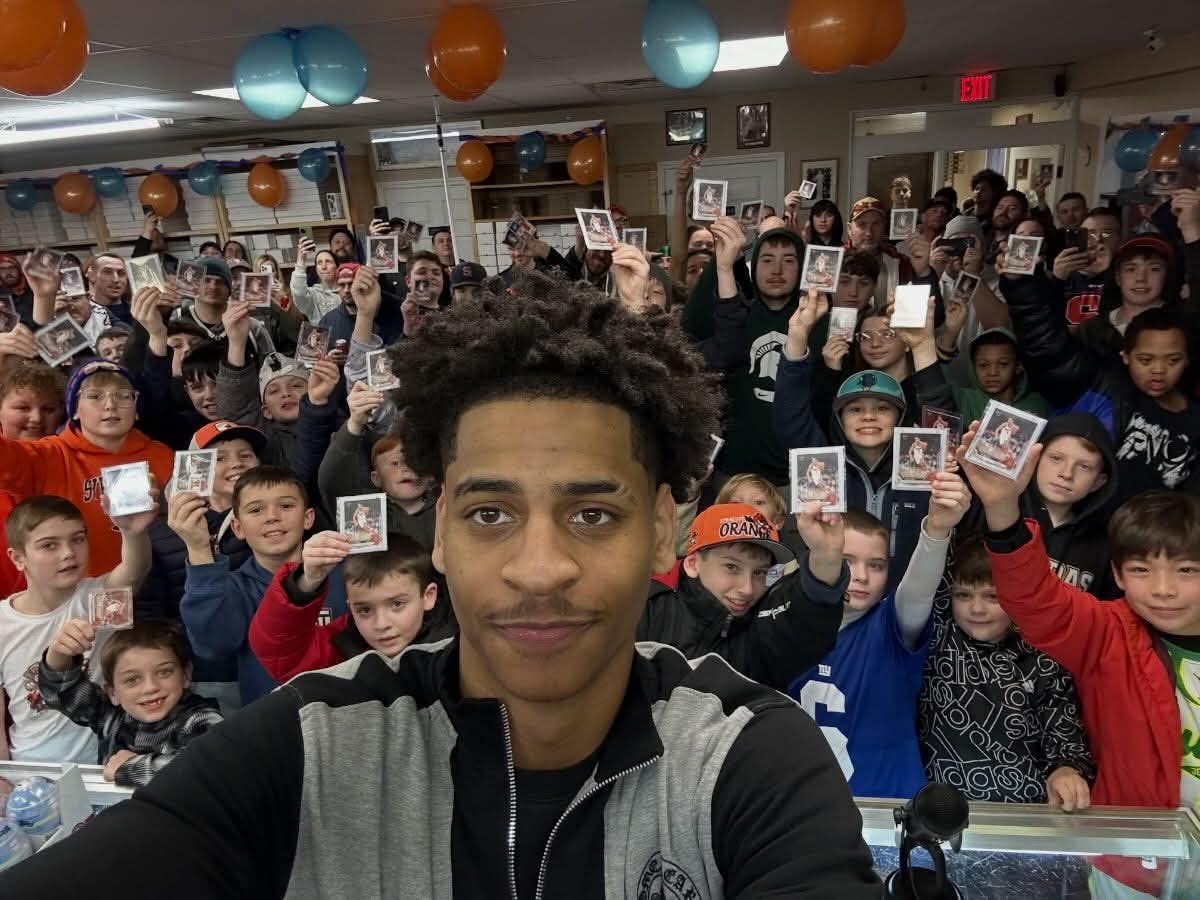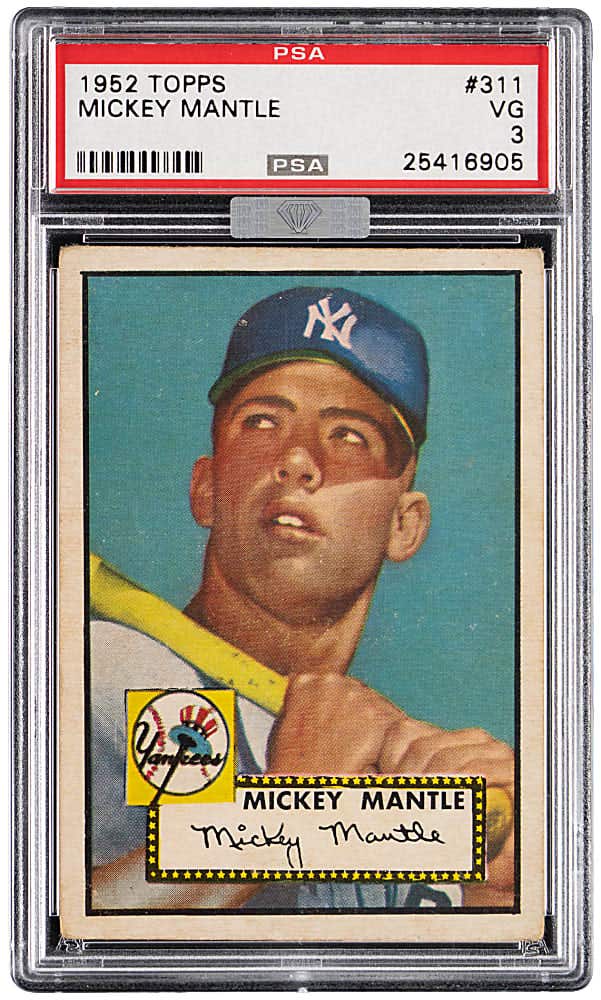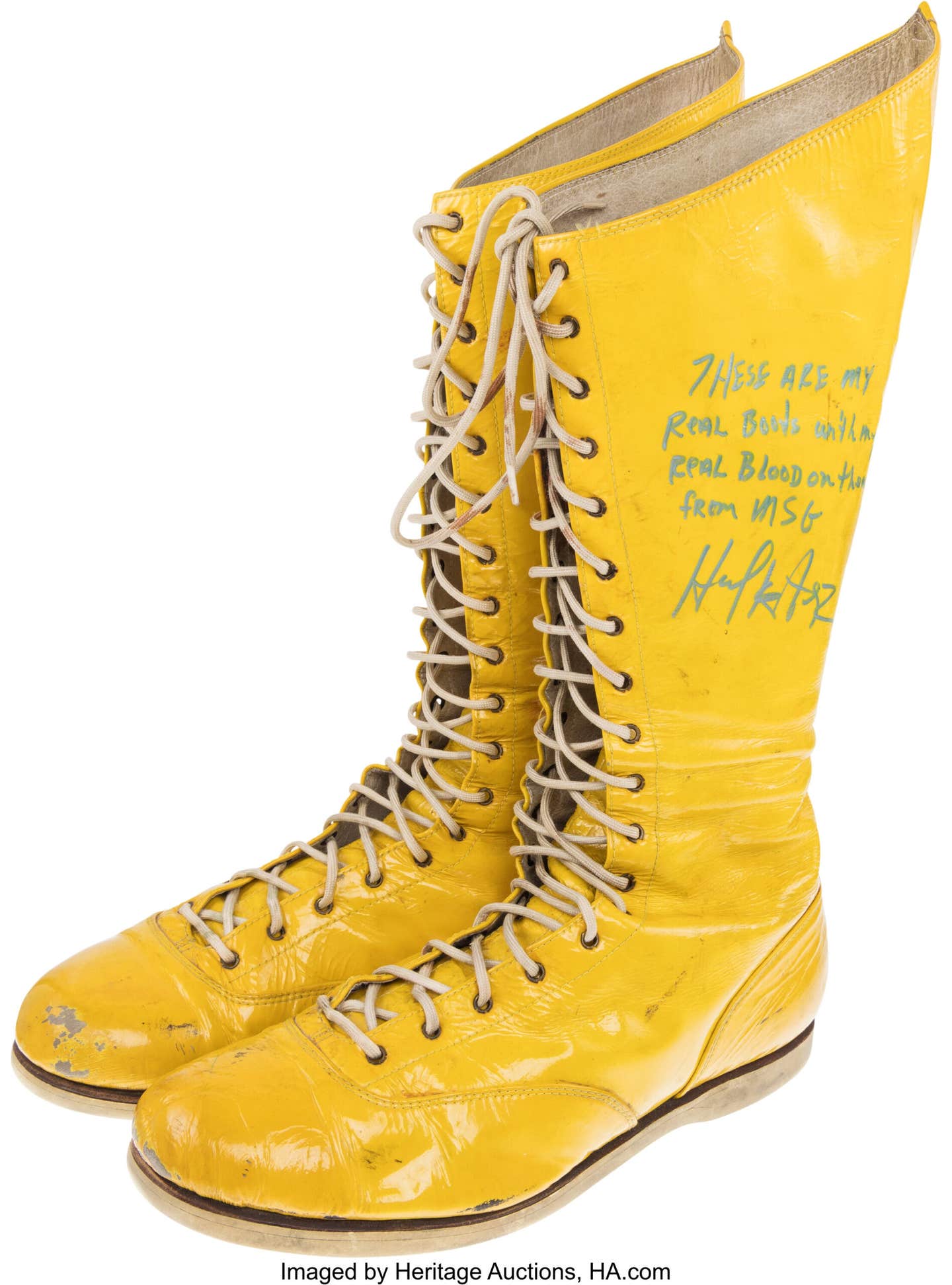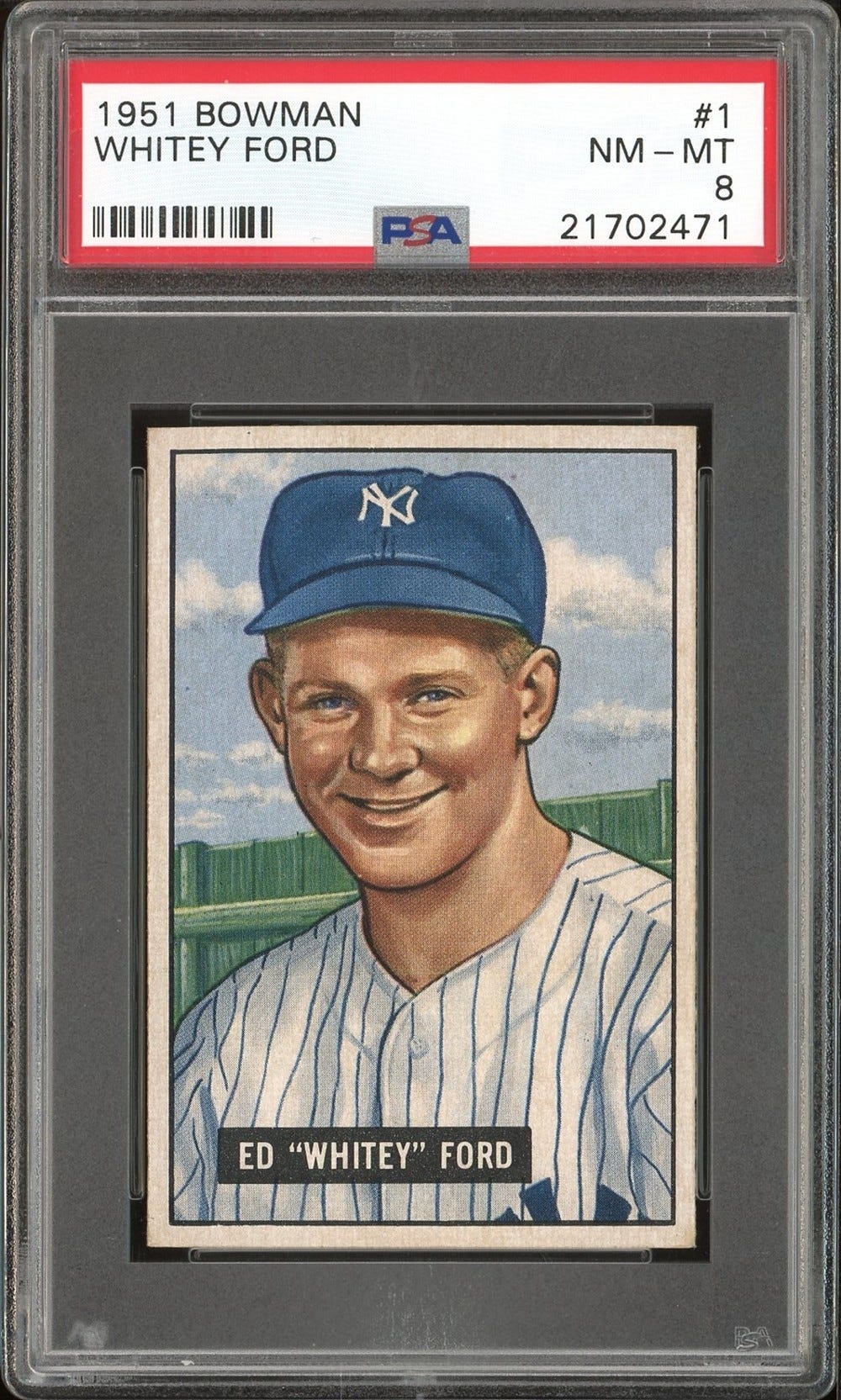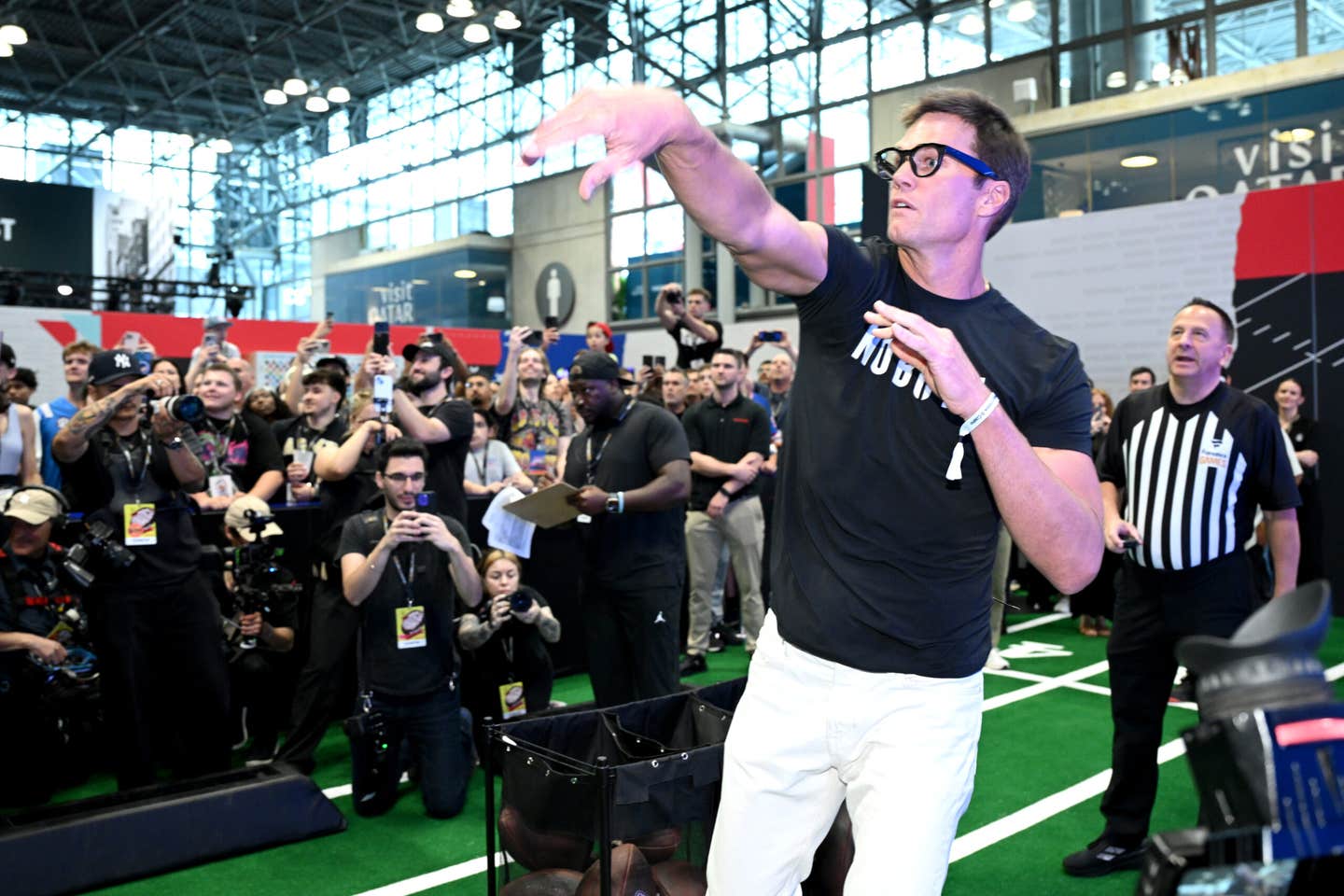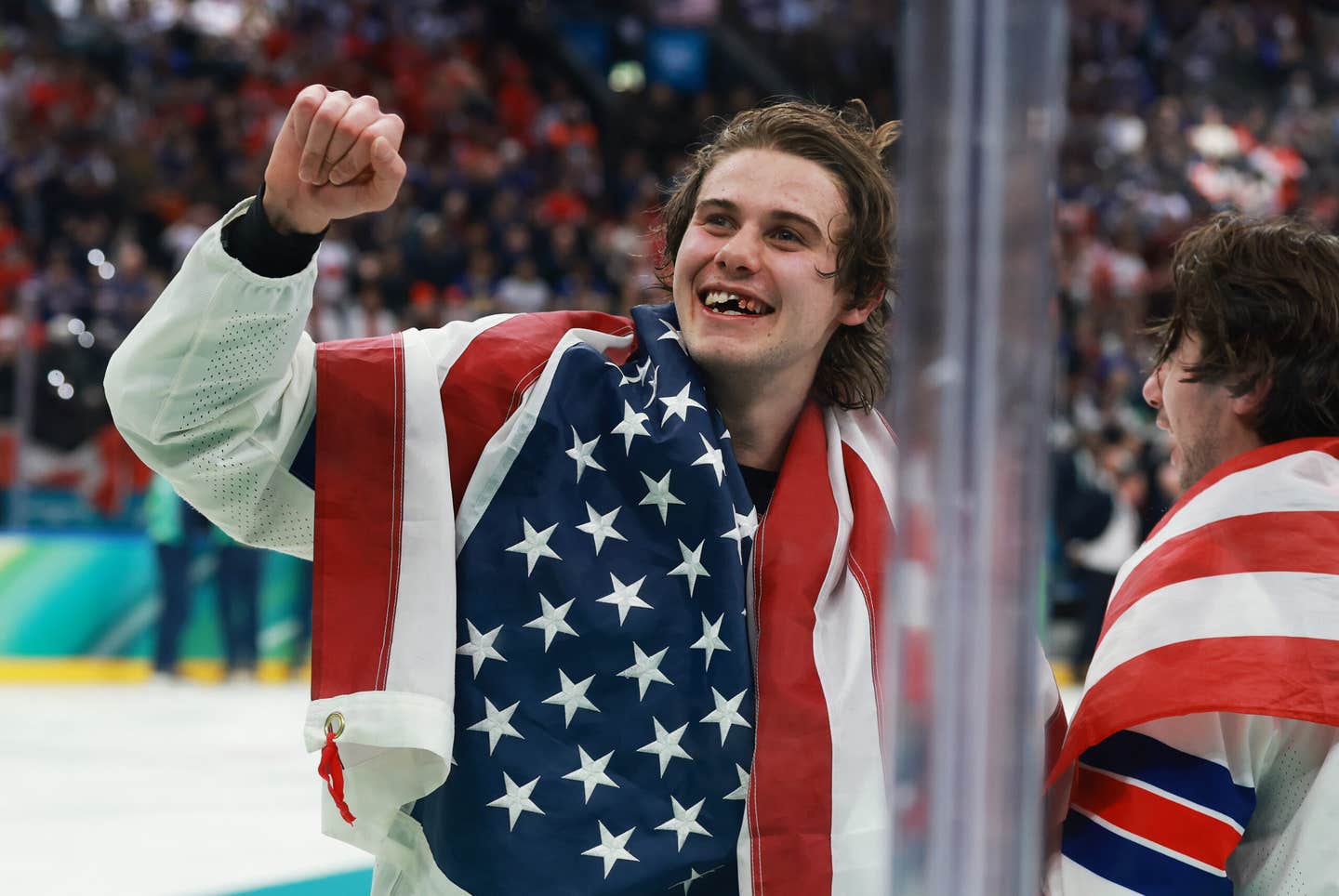News
Revisit the Top 10 Super Bowls of all time
The best Super Bowls are sort of like old girlfriends. Some of them might not have seemed quite as swell at the time as they seem now.
Some of them take a little memory jogging to recall how cool there were.
And some of them were fantastic at the time, you knew it then, and you’ll probably never get them totally out of your head.
In the spirit of old flames and old games we can’t possibly forget, we present a tribute to the greatest Super Bowls ever played.
10. Super Bowl X (1976)
Steelers 21, Cowboys 17
There was just something glorious and spectacular about this game. It was played in bright sunlight at the Orange Bowl in Miami. The two greatest teams in the NFL, full of legendary players at the height of their powers, slugged it out wildly like a couple of rum-soaked sailors for four quarters, and NFL Films scored some of the greatest footage ever captured through its lenses.
The game will probably be best remembered for Lynn Swann’s circus catches, but it was noteworthy for far more than that. The showdown had two Hall of Fame quarterbacks in Terry Bradshaw and Roger Staubach, the two best defenses in the league, and a lot of players on both sides who always seemed to come through when the spotlight shone the brightest.
A Bradshaw-to-Swann scoring strike of 64 yards with just 3:02 remaining put the Steelers seemingly comfortably in front, but the Cowboys answered with a 34-yard scoring pass from Staubach to Percey Howard to make it 21-17. Dallas then got the ball back and had one last gasp, but Staubach was picked off by Glen Edwards deep in Pittsburgh territory on the last play of the game.
Swann finished with 164 yards receiving and a pair of TDs and was named Super Bowl MVP of a crazy game that featured eight fumbles, three interceptions, a blocked punt for a safety, a series of trick plays by the Cowboys and a memorable body slam on Dallas safety Cliff Harris by Steeler tough guy Jack Lambert after Harris taunted Pittsburgh kicker Roy Gerela.
“Ultimately, what prevailed were talent and staying power and pure skill and luck,” wrote Phil Musick of The Pittsburgh Press. “What dropped by the wayside were Dallas’ untimely errors, [Tom] Landry’s reputation as an innovative genius, and such gadgetry as the flex and the shotgun.”
9. Super Bowl XIV (1980)
Steelers 31, Rams 19
The Steelers entered as big favorites to win their fourth Super Bowl of the decade, but the unheralded Rams nearly pulled off what would have been one of the great upsets in NFL history.
Los Angeles, playing pretty much a home game in Pasadena, led 13-10 at halftime and held leads twice more in the second half. Bradshaw eventually burned them twice with deep strikes to Swann (47 yards) and John Stallworth (73 yards) to keep the Steelers afloat, and Franco Harris added a late TD run to seal it, but not before the Rams had made a serious bid to win their first NFL title.
The Rams, who were just 9-7 in the regular season — the worst record ever for a Super Bowl team — intercepted Bradshaw three times and used a halfback option pass from Lawrence McCutcheon to Ron Smith to go in front 19-17. Bradshaw’s late heroics made him a repeat Super Bowl MVP, however, and cemented the ’ 70s Steelers as one of the greatest teams ever assembled.
“Winning a fourth Super Bowl should put us in a special category,” said Steelers cornerback Mel Blount after the game. “I think this is the best team ever assembled. They talk about Vince Lombardi, but I think the Chuck Noll era is even greater.”
8. Super Bowl XXXII (1998)
Broncos 31, Packers 24
The fourth time was a charm for John Elway who, at age 37, finally got his Lombardi Trophy at the expense of the defending champion Green Bay Packers. Elway completed just 12 of 22 passes in the game for a paltry 123 yards and no TDs, but he will forever be remembered for a key highlight reel scramble that sent him helicoptering through the air and underscored the urgency with which the Broncos played the entire game.
“When I saw him do that and then get up pumping his fist, I said, ‘It’s on.’ That’s when I was sure we were going to win,” said Broncos tight end Shannon Sharpe.
Game MVP Terrell Davis took advantage of a banged-up Packers defensive front to pile up 157 yards on 30 carries. He scored three times, the last coming late in the game when the Packers defense parted like the Red Sea in an attempt to let the Broncos score and get the ball back to Brett Favre one last time. The Packers did get one final drive going, but Denver held on to clinch its first Super Bowl win and help end the NFC’s streak of 13 straight Super Bowl victories.
“It means everything,” Broncos strong safety Tyrone Braxton told Sports Illustrated afterward. “Not only for this team but for the past Broncos teams, all the way back to 1960 [the year the franchise played its first season in the AFL]. We’re not a city of losers anymore, and we won one for the AFC. It’s been a long, hard road for all of us.”
7. Super Bowl XIII (1979)
Steelers 35, Cowboys 31
This 1979 classic had plenty of similarities to the teams’ Super Bowl X meeting three years earlier. Bradshaw stole the show with four TD passes and the Steelers seemingly had the game put away at one point, but the Cowboys rallied late before running out of time.
Dallas’ All-Pro defensive tackle Randy White fumbled a kickoff midway through the fourth quarter, and Bradshaw immediately cashed in with an 18-yard scoring strike to Swann to make it 35-17. But “Captain Comeback” Staubach put the Cowboys’ offensive into overdrive, hitting Billy Joe DuPree for a score with 2:23 left. Almost predictably, the Cowboys recovered the ensuing onside kick and charged in for another score, this time on a TD catch by Butch Johnson with 22 seconds left. The Cowboys ran out of miracles after that, though.
The game was filled with highlights. For Dallas, in addition to Staubach’s late fireworks, linebacker Mike Hegman scored on a 37-yard fumble return and Tony Hill tallied on a 39-yard TD reception. Rocky Bleier enjoyed one of his career high points with a leaping touchdown reception to end the first half.
“It was by far the best Super Bowl we were in,” said Dallas coach Tom Landry.
Even the losing coach admitted it was a classic.
6. Super Bowl XXXVI (2002)
Patriots 20, Rams 17
The Rams, who had won the Super Bowl two years earlier, were still “The Greatest Show on Turf,” and Vegas oddsmakers favored them by a staggering 14 points. The Patriots, well, they had never really won anything and, if not for the infamous “tuck rule” replay and subsequent miracle field goal by Adam Vinatieri in the snow against the Raiders, they would have been fishing instead of facing the Rams in the Superdome.
An interception return for a score by Ty Law, a diving catch for a TD by David Patton and a third-quarter field goal by Vinatieri gave the Pats a 17-3 lead, but 17 points were not going to be enough to beat the Rams.
A 99-yard fumble return for a TD by Tebucky Jones would have made it 24-3 and sealed matters, but a holding call wiped out the play and, right on cue, the Rams responded with two touchdowns to tie it, the last coming on a clutch 26-yard Kurt Warner-to-Ricky Proehl pass with just 1:30 left.
But the Patriots truly proved to be a team of destiny, as Tom Brady drove them 51 yards in 81 seconds to set up Vinatieri’s 48-yard game-winner as time expired.
“We shocked the world,” said Patriots cornerback Otis Smith.
That’s for sure, and they also positioned themselves to be football’s next dominant team, going on to win Lombardi Trophies again in ’04 and ’05. The dramatic outcome also seemed to signal the end of the Rams’ run as a Super Bowl contender.
“Everything was going our way,” said St. Louis receiver Isaac Bruce. “We thought overtime would be ours. But they did it. They outplayed us.”
5. Super Bowl XXIII (1989)
49ers 20, Bengals 16
With 3:10 left in the game, trailing by three points and 92 yards from the end zone, Joe Montana had the Cincinnati Bengals right where he wanted them.
The game had been dominated by defense up to that point. The 49ers had the game’s only offensive touchdown, and the Bengals’ lone TD had come on a kickoff return.
But Joe Cool had everything under control. And he wasn’t thinking field goal.
The 49ers, with Montana calling plays himself and ad-libbing when necessary, calmly drove the length of the field and scored the game-winner with 34 seconds to spare. John Taylor supplied the clincher, breaking sharply into the end zone on a slant and catching a 10-yard dart from Montana.
Four days later, 49ers coach Bill Walsh announced his retirement with three Super Bowl titles in his pocket – the last of which will be stamped as one of the NFL’s memorable games, thanks to Montana’s magic at crunch time.
“You know, finally, after 23 years, the Super Bowl is finally super,” said 49ers guard Randy Cross, who also retired following the game. “This is a game you can look back and say, ‘That was a great game.’”
4. Super Bowl XXI (1991)
Giants 20, Bills 19
With the U.S. having entered into hostilities in the Middle East just a few days earlier, there was a very serious – almost grim – and very patriotic vibe around this classic battle held in Tampa. And for many, the game will be remembered as much for the pre-game fighter jet fly-by and show-stopping National Anthem from Whitney Houston as it was for Scott Norwood’s excruciating miss in the final seconds.
The Giants had the NFL’s best defense and reflected the physical, unflinching style of their coach, Bill Parcells. The Bills were polar opposites. They spread the field, went without a huddle, threw the ball all over the place and dared defenses to try to stop them. The dichotomy made for a superb game that hung in the balance until Norwood missed from 46 yards as time ran out – depriving the Bills, who went on to play in four straight Super Bowls, of their best chance yet to claim an NFL title.
The Giants, with backup quarterback Jeff Hostetler subbing for the injured Phil Simms, used two long, bruising drives to claim the lead twice in the third and fourth quarters, the first march lasting a Super Bowl record 9 minutes, 25 seconds and ending with an O.J. Anderson 1-yard TD run, and the second spanning 74 bruising yards and ending with a short Matt Bahr field goal. In between, the Bills stayed in the fight thanks to a fabulous, zig-zagging 31-yard TD run by ultra-back Thurman Thomas.
The ending was as tense as it gets, with Jim Kelly engineering a hurry-up drive starting on the Bills’ own 10-yard line with 2:16 left and reaching the Giants’ 29 before Norwood’s fateful kick. The two teams were completely spent when this one ended, and the reactions on the opposing sidelines as Norwood’s effort sailed wide right are among the Super Bowl’s most indelible images.
“I’m down right now, way down,” Norwood said after the game. “But I’ll come back from this. It won’t scar me. I did my best. But, in my business, you don’t get a second opportunity when your best isn’t good enough.”
3. Super Bowl III (1969)
Jets 16, Colts 7
Almost certainly one of the two most significant NFL games ever played (the Giants-Colts title clash of 1958 being the other), this memorable title game signaled the arrival of the AFL as an equal of the “old guard” NFL and made a legend out of Joe Namath.
Namath made his famous promise during a luncheon three days before the Super Bowl. “The Jets will win on Sunday, I guarantee it,” he said. It is still one of the greatest quotes in American sport.
And he backed it up.
The Packers had given the NFL lopsided wins in the first two Super Bowls and the Colts were prohibitive favorites in this game. But Johnny Unitas was hurt, and Earl Morrall never got the Colts’ offense in gear.
Super Bowl III certainly wasn’t the most aesthetically pleasing title game ever played, and certainly not the most competitive. But Namath’s bravado, the ease with which the Jets bloodied the Colts’ noses and the significance of the outcome made it a game for the ages.
The game turned for good in the first half when the Jets overcame an early fumble and brashly drove 80 yards in 12 plays to take a 7-0 lead on Matt Snell’s 1-yard run. Namath believed his team would win before that drive. After that first score, the rest of the Jets seemed to believe it as well.
From then on, the game was a series of small nightmares that added up to one big, bad dream for the Colts. Morrall was intercepted in the end zone by ex-Colt Johnny Sample after it looked like Baltimore would tie it. Near the end of the first half, Morrell didn’t see Johnny Orr wide-open for a TD on a flea-flicker and instead tossed another interception. Tom Matte fumbled on the first play of the second half, setting up a Jets field goal to make it 10-0. Everything that could go wrong seemingly did for the Colts.
Baltimore’s desperation was clear in the second half when it brought in the sore-armed Unitas to try to spark a rally, but the gimpy legend could engineer only one meaningless touchdown late in the game after the Jets had already built an insurmountable 16-0 lead.
From that day forward, the NFL was never the same. The AFL was no longer pro football’s minor league, and we were all reminded again that underdogs can be the most dangerous when the stage is the biggest.
“I stood in the Orange Bowl with tears of joy streaming down my face,” said Len Dawson, quarterback of the Chiefs, who had lost Super Bowl I to Green Bay. “All of us in the league won that game, and underdogs everywhere could feel good that afternoon.”
2. Super Bowl XXXVIII (2004)
Patriots 32, Panthers 29
Brady and Vinatieri did it again. In a wild shoot-out that saw 37 points scored in the fourth quarter and a, uh, memorable halftime moment from Janet Jackson, the unflappable quarterback and the Pats’ equally unflappable kicker came through in the clutch to give New England its second cliffhanger Super Bowl victory in three years.
Vinatieri’s 48-yarder on the last play had been the game winner in the Super Bowl two years earlier, and against the determined Panthers, he supplied an encore, drilling a 41-yarder with four seconds left to seal the deal.
The win capped an amazing 15-game winning streak for the Patriots, who needed every bit of their firepower and experience to keep Carolina from claiming its first Super Bowl crown.
“It was a great team effort,” coach Bill Belichik told the Boston Globe. “We’ve done it 15 weeks in a row. This team met all comers this year, 15 straight. And there’s been some heart attacks, but they came out on top.”
New England seemed in control with a 21-10 fourth-quarter lead, but a DeShaun Foster 33-yard TD run made it 21-16, and a stunning 85-yard scoring strike from Jake Delhomme to Muhsin Muhammad a few minutes later gave the Panthers an unlikely 22-21 lead (both two-point conversion attempts failed).
Brady responded with a 1-yard TD pass to Mike Vrabel, but Carolina refused to wilt, knotting the game again at 29-29 with 1:08 to play on a 12-yard TD catch by Ricky Proehl – the same the same guy who had burned the Patriots with a late tying TD two years earlier as a member of the Rams.
Carolina kicker John Kasay shanked the ensuing kickoff out of bounds, however, and Brady and Co. had plenty of time to move into position for Vinatieri’s clincher.
“It’s like déjà vu, a nightmare all over again,” Proehl said.
“He’s ice cold,” said Patriots cornerback Ty Law of Vinatieri. “You can’t ice him. It’s near impossible to freeze Adam. He lives for those type situations. We knew he’d come through.”
1. Super Bowl XXXIV (2000)
Rams 23, Titans 16
Kevin Dyson wound up one yard away from immortality, and the Rams wound up with their only Super Bowl title.
Dyson needed 10 yards, but he only got nine after catching a quick slant from Steve McNair as the heart-stopping final seconds ticked off the clock in Atlanta.
The unlikely hero was Rams linebacker Mike Jones, who wrapped up Dyson’s legs short of the goal line and hung on for dear life to provide a sensational finish to a fantastic game.
“I knew I was going to tackle him,” said Jones afterward. “This was the Super Bowl. It’s an understatement to say it’s the greatest play of my career.”
The Rams were the best offensive team the NFL had seen in years, but the rugged Titans would not be overrun. St. Louis dominated the first two quarters, but still managed just three field goals for a 9-0 lead at halftime. The margin grew to 16-0 in the third quarter when Torry Holt caught a 9-yard TD pass, but the Titans refused to fold.
Two long drives produced a pair of Eddie George 1-yard TD runs (the first was followed by a missed two-point conversion attempt), before an Al Del Greco finally tied it at 16-16 with a field goal at the 2:12 mark.
But the big explosion the Rams had been waiting for all day on offense finally arrived on the next play when Issac Bruce gathered in an underthrown pass and sprinted home for a 73-yard TD. It wasn’t over, however, until the overlooked Rams defense kept Dyson three feet from overtime.
Many of the Tennessee players lay sprawled on the turf in disbelief after the final play unfolded. Others stood stunned and motionless on the field as confetti poured down and the Rams started their party.
For football theater, it was good as it gets.
“In terms of the Super Bowl and the American football fan, it had to be great to watch,” Rams coach Dick Vermeil said.



